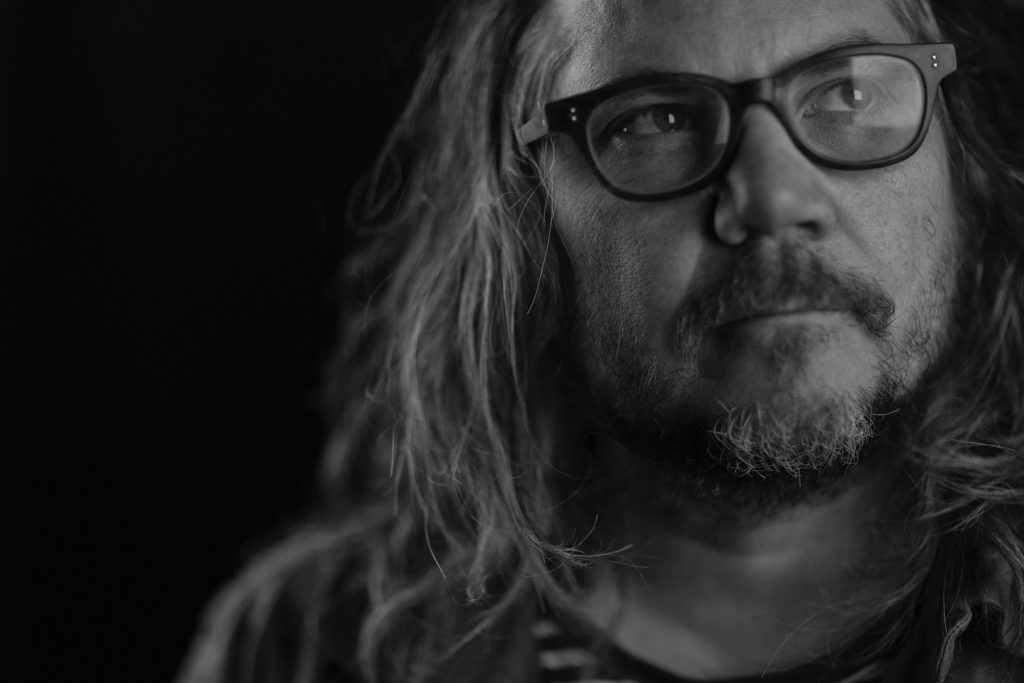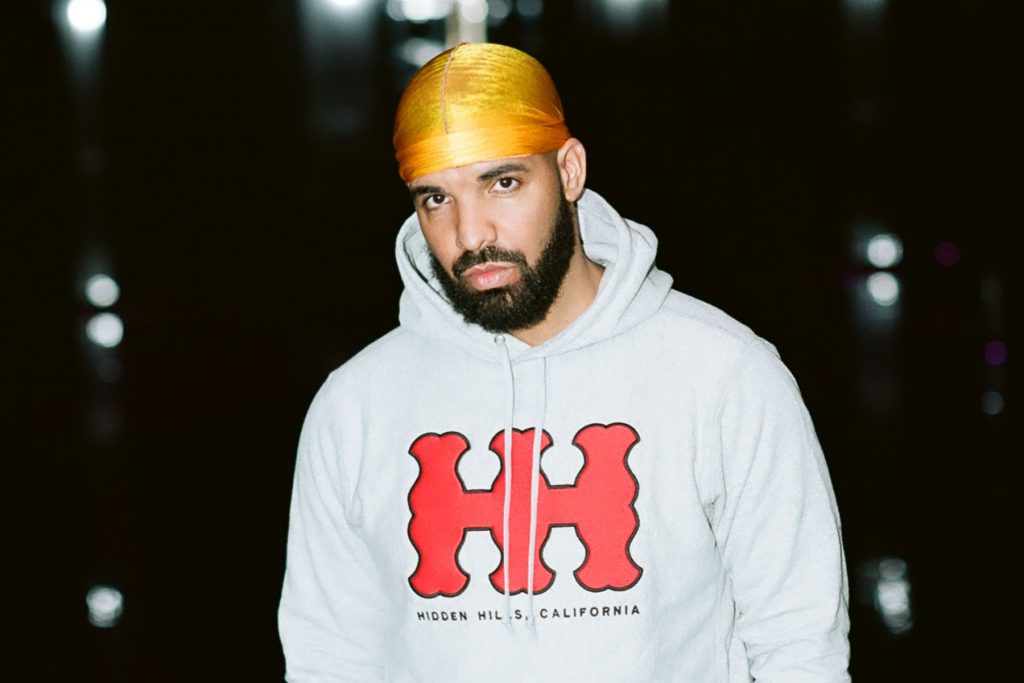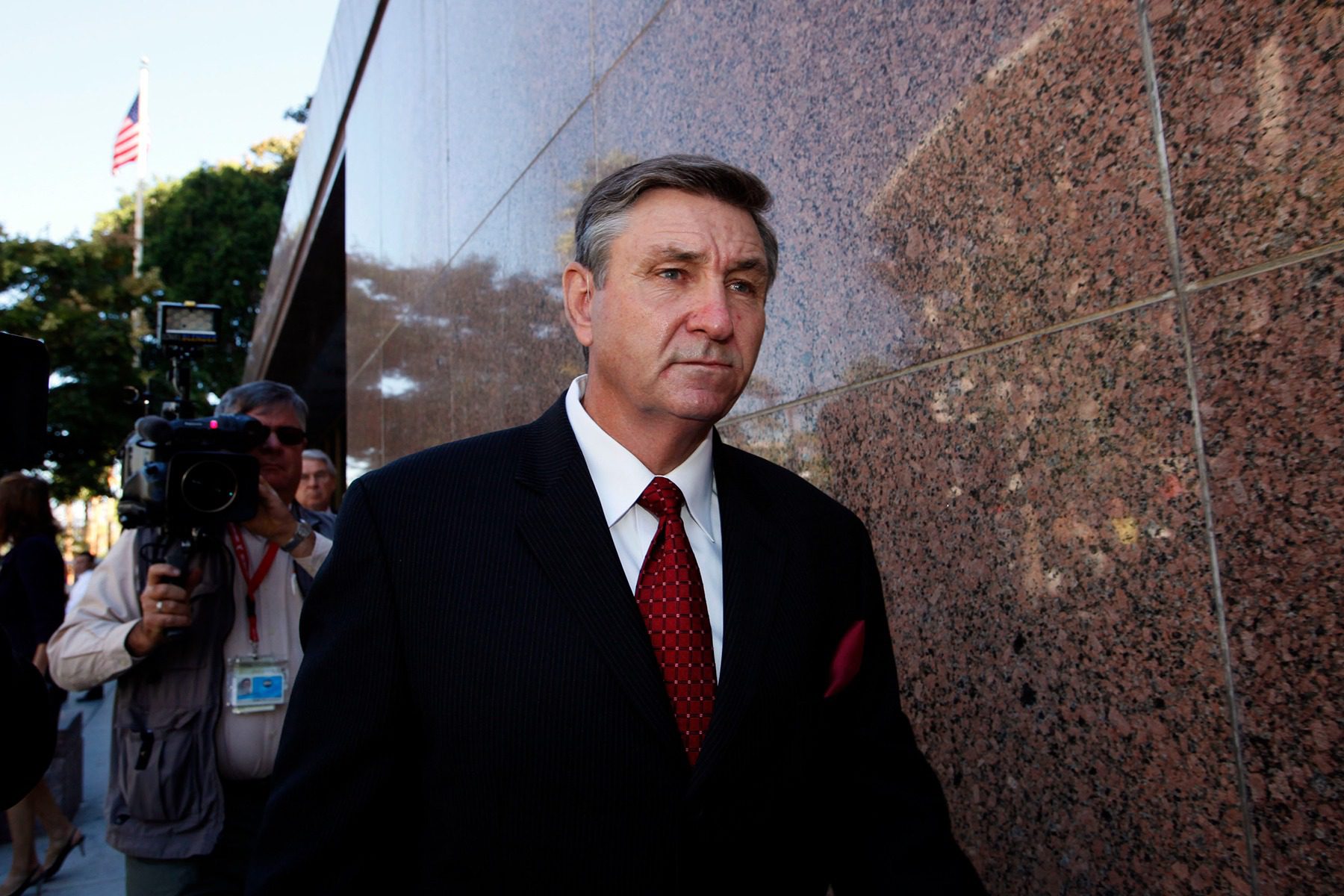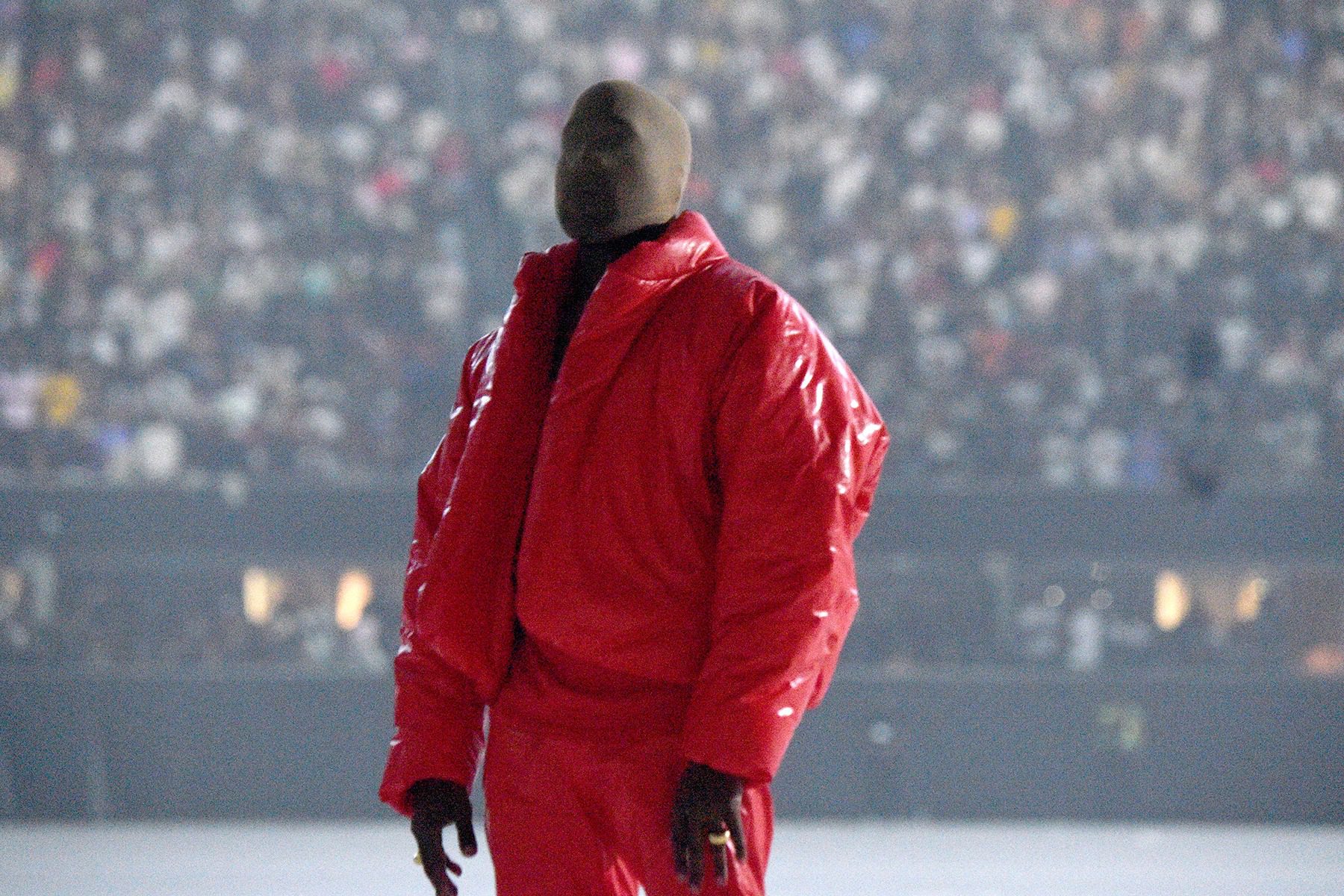
Why Jeff Tweedy Is Calling for Reparations in the Music Industry
In the six weeks since nationwide Black Lives Matter protests rose up after Minneapolis police killed George Floyd, musicians have been reckoning with their own complicit role in the longstanding structural racism of the music industry. Those efforts have ranged from the largely symbolic (removing the word “urban” from radio formats) to the forming of the industry-approved Black Music Action Coalition, which features A-list supporters like Lil Nas X and Harry Styles.
One white artist who’s eager to fight music’s racial inequities is Jeff Tweedy, who has announced that he will commit five percent of all future revenue he earns as a songwriter to a variety of organizations committed to racial justice, including Black Women’s Blueprint and Movement for Black Lives.
The Wilco frontman’s pledge is intended as a call to action for his peers. “The modern music industry is built almost entirely on Black art,” his June 18th statement reads. “The wealth that rightfully belongs to Black artists was stolen outright…I’ve often thought there should be an industry-wide plan to address this enormous injustice.”
Black Lives Matter. pic.twitter.com/gKzBDuOXJN
— WILCO (@Wilco) June 18, 2020
Tweedy’s plan, while conversant with and influenced by the idea of reparations, is, at the moment, still structured to redistribute money to traditional non-profit organizations, rather than to individual victims of music-industry-wide racial injustice. It is focused, for now, on the publishing wing of the industry, which Tweedy sees as a focal point for a great deal of the economic racial injustice that has historically taken place in music.
The most concrete suggestion he’s made as to a broader monetary industry-wide reckoning is to encourage the major music publishing companies to implement a standard clause on all rights-management contracts for songwriters to opt-in to a program that donates some percentage of all royalties to organizations working to achieve racial justice. Tweedy likens the proposed contract option to a simple “organ donor box to check.”
“TO BMI, ASCAP, SESAC, and all other organizations that collect and disburse songwriter’s royalties, I ask you to please investigate a way to implement such a program,” Tweedy wrote in his statement.
The three major royalties organizations have all expressed tentative support for this idea, without making any specific promises. “ASCAP is looking into ways we might support our members who want to contribute a portion of their royalties to causes that support racial justice,” a spokesperson for that organization tells IndieLand.
BMI, the rights group Tweedy himself uses, says that the organization “currently has the ability to designate portions of royalties to charitable organizations, but it has been done on a one-off basis…We’re currently looking into whether we can expand that ability and make it a more automated system on a much broader scale.”
SESAC, for their part, tells RS that “It is common practice for SESAC’s songwriters and publishers to direct royalty payments to 3rd parties—at their discretion—through a letter of direction…We are certainly supportive of our songwriters and publishers, and will embrace their wishes to donate a percentage of their royalties to organizations working toward racial and economic justice.”
Thus far, Tweedy has been disappointed by the lack of support, public or private, by his fellow artists for the idea he’s proposed. One of the precious few artists who have joined Tweedy’s call to action is Nashville singer-songwriter Erin Rae. “When I saw Jeff’s tweet, it really energized me,” says Rae, who’s already reached out to her performing rights organization, SESAC, to see if it’d be possible to implement the opt-in option. “For me, it’s a chance to acknowledge that I have benefited from systemic racism and a small start to reconciliation work.”
Ultimately, Tweedy sees his statement as a mere beginning of his commitment to being a public voice on this issue. “We’re just getting started,” he says of his future plans to formalize his racial justice initiatives in the music industry, which are still in flux. As a songwriter with little training in organizing, he’s the first to say his ideas are open to suggestions and improvement.
Tweedy recently spoke with IndieLand about the initial response to his statement, the structural racism he still sees embedded in the industry today, and his reasons for stepping out as an advocate of music industry reparations.
Can you walk me through your decision to come forward with a personal and industry-wide call to action?
[It starts with] being a music fan — rock and jazz and all different types of music that have meant so much to me. If you’re interested in the history of where a lot of the things I’m drawing from come from, invariably you’re led back to Black artists. It’s not an exaggeration to say our culture wouldn’t be our culture without Black genius. There’s a shameful history there, and there are things the industry should still be ashamed of. There are things about the way Black artists are treated today that are different and unfair. It isn’t an equal playing field. I guess I assumed, for a long time now, that it would be addressed. I naively thought that maybe something like the Rock and Roll Hall of Fame would have that be part of its mission, but, instead, the Rock and Roll Hall of Fame just now got around to inducting Sister Rosetta Tharpe. I don’t want to take pot shots at something I don’t really care that much about, but I did think some entity like that — I mean, the Grammy has MusiCares — [would take action]. But nothing that I could find addresses the systemic fraud and theft that went on and continues to be part of the music industry landscape. We did a bit of searching around, and we really couldn’t find anything.
So, with everything that’s been happening the past few months, like a lot of people, I’ve taken it as a call to be introspective and listen and examine what my role in it is. On one hand, I feel like I could pat myself on the back and say, “Well, this is stuff I’ve been aware of and have tried to be on the right side of and be an ally,” and I think that is mostly true. But I was still left with an uncomfortable feeling of, “This thing that seems like it’s never been made right is still not addressed in our business.” In my statement, I want artists to take responsibility, but I think there’s a bigger burden to be shouldered, going forward, by the industry at large. Columbia Records bragged at some point [in the 1950s] that they never paid Black artists royalties. I’m not a historian. I’m not going to be the person you turn to to catalog all of the problems as they were perpetrated. But it’s well documented, and it’s there for anybody that wants to find it.
Your call to action begins with personal accountability, but it sounds like you’re ultimately trying to push the industry at large to get behind this issue.
Correct. The number is somewhat irrelevant. Five percent is what I felt, to be honest, like I could sustain. I understand that might not be the case for a lot of artists, and that’s completely understandable. Again, this could be completely off-base. It could be just a start of the conversation, but it was the vision I had, that even if it was a fraction of a percent, it was something that almost everybody that did any kind of music writing in the world…I believe everybody that is participating in the music industry today has an enormous debt to a lot of artists that were never paid. And because they were never paid, their communities, their families, were never allowed to amass any type of wealth that would sustain them and be handed down. That’s an amazing injustice.
What has the response been like since releasing your statement?
The encouraging thing has been that it was received very, very well. I’ve made a lot of comments over time that have waded into the national political discussion that have not gone as well. I have to admit, I’ve been a little bit disappointed in the response, or lack of response, or outreach, from my peers. I don’t think I would want to say that in any way that sounds condemning, because that’s what I put out there, and I can’t take for granted that it’s the best idea. Maybe it’s hard to cosign on something that somebody sees a different way forward to.
We’re going to proceed, obviously, with what I’ve committed, and then I’m hoping to be able to put together a coalition of Black community leaders and people within the music industry that would help me administer and direct and be somewhat of a board of trustees. We’re in the early stages of that, and there’s still an opportunity, in the short term, to continue the discussion as best we can with BMI, and start there, because it’s where I’m registered. One of the reasons I’ve been hesitant to do much of this type of work is because I don’t feel particularly adept at it. I’m not an organizer in that way. I’m really on a learning curve here, to be honest, when it comes to that.
It’s not an exaggeration to say our culture wouldn’t be our culture without Black genius. There’s a shameful history there, and there are things the industry should still be ashamed of. There are things about the way Black artists are treated today that are different and unfair.
I imagine you consulted with a number of people before releasing your call to action and proceeding in the direction you’re going in?
The main people, to be honest, that have guided my statement and helped me put together this initial setup have been my children, Spencer and Sammy. They’re both very committed to the community and the cause. They’re in a position where, like a lot of white people trying to be good allies and trying to understand what our role is moving forward, are advocating for a lot of listening and a lot of following. I just think that it was important for a white artist to be the one to come out and address this openly, as a conversation starter.
Is the idea of reparations, whether nation-wide or industry-focused, something that you’ve come to appreciate and understand as an adult? Is this something you thought about in your twenties?
It’s always been something that I thought, “Surely, in an industry that is so full of forward momentum and progressive ideals, and really being at the forefront of integration and a lot of things that the music business should be very proud of, in my opinion…” You can be proud of having led, in some regards, but it’s not going to last for long if you don’t commit to the full picture. To me, the full picture embraces the finances and the economy of how things have played out in our country. Right now there is a sustained effort and tactic of applying pressure to the capitalist structure as it is, and trying to address some of these ills through boycotts and putting maximum pressure on the businesses and industries — sidestepping, basically, the slow glacial movement of electoral politics. With George Floyd, the moment that we’re in, the protests that arose after his murder, that is the moment that I felt like I had no real excuse not to use my voice and my platform to say: “You know what, reparations are a great idea.”
You mentioned before that you think the industry is still an unequal playing field for Black artists. How have you personally seen that play out?
I do see that Black artists don’t tour the same way that white artists do. I don’t believe they have access to the same venues. Even festivals, a lot of times, there’s subtle segregation in the days that are designated as “hip-hop days.” [You see] a music industry unwilling to fight back against a society that wants the hip-hop day to be over with by six o’clock. Those are the types of injustices that I grew up with in the St. Louis area, living in Belleville, Illinois, next to East St. Louis, which is an underserved community. Growing up, when our football team would play the East St. Louis football team, it would not be on a Friday night, it would be on a Saturday afternoon. You see these same types of subtle communication of subjugation and mistrust that that implies throughout the music business as it is today.
What are you hoping to communicate to your white artistic peers during this moment?
The thing that white artists really need to address is the same thing everybody needs to address in our society: greed. Greed is at the heart of a lot of these fucking issues. It’s about allowing yourself to have somewhat of a revolution of your mind regarding what that actually does for you. To claim ownership of things like art and spirit and ideas and have that be tied to financial reward is at the root of the problem. It’s part of the reason that I wanted it to be a part of my statement that I have to address that, too.
You’ve made three albums with Mavis Staples. Reading your statement, it was hard not to think about how Staples is still often opening up for her white rock peers on tour, after all these years, whether it’s Van Morrison or Bob Dylan or Brandi Carlile.
For a Black artist to succeed, almost across the board, most of them have needed to have a white audience, and that’s part of what we were talking about before — what kind of venues they have access to, what kind of financial state their Black brothers and sisters are in. A lot of these communities do not have disposable income for concert-going.
There’s been more talk lately of Black artists being owed ownership of their master recordings. So many artists have lost out on millions of dollars of unearned royalties.
It’s way more money that you would ever imagine. The publishing industry is billions and billions of dollars every year. Turn on your TV and watch commercials for a couple of hours. Find an hour of television, or go to a movie — find any hour of entertainment in our culture, and you can draw a straight line to the Black community through almost all of our art. American culture is Black culture. It’s not my place to be this voice of this, but it is real and it is true that [royalty theft] is an unaddressed crime.
To me, it’s the same thing as redlining….The same semi-legal tactics of an unfair system were used on Black artists. What would the world look like if Big Mama Thornton had been paid?
Is the reason you’re specifically focusing on music publishing, right now, because there is so much money at stake in that sector of the industry?
Well, yeah. To me, it’s the same thing as redlining. When Black soldiers came back from World War II, and the U.S. was accumulating wealth and lifting itself out of poverty, a lot of Black people did not have that opportunity, because they were not allowed to buy homes in the same part of town. There were legal means to suppress their ability to amass any type of wealth. The same semi-legal tactics of an unfair system were used on Black artists.
So, yeah, the logical conclusion is: What would the world look like if Big Mama Thornton had been paid? What would the world look like if those artists, even all the way back to minstrelsy, the first massive cultural/musical movement in the United States, which grew out of slavery and made a lot of money for a lot of white people, [had been compensated]? It’s not just the rock & roll era, or the jazz era. I don’t draw the line at just the bad contracts the Chess Brothers put together for Muddy Waters.
I could see how anybody wanting to take pot shots at me could make all kinds of different arguments of my flawed approach, or however inaccurate my appraisal is. Whatever arguments people have, I can tolerate them. But I am 100 percent sincere. I’d like to do my part and I’m trying to figure out how.



